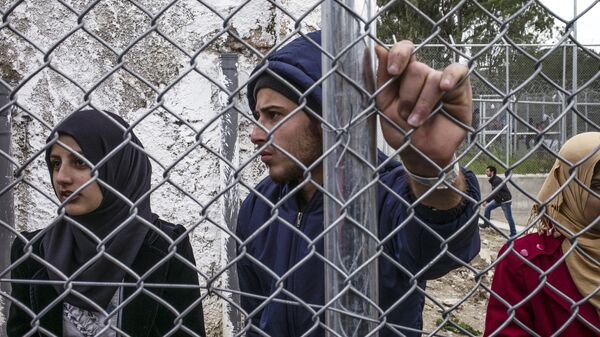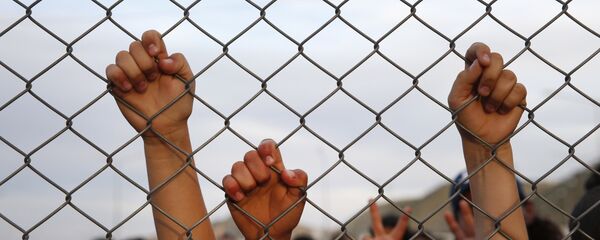"The deal has been not a success story, but a horror story, with terrible consequences for people's lives and health," the report stated, adding that it cannot be considered "a model for further 'externalisation agreements' with other countries."
The drop in the number of arrivals to the European Union does not outweigh the "horrific and inhumane" consequences of the deal, human and protection areas.
"MSF's experience over the past year of providing assistance to people caught in the middle of this deal points to one conclusion: human beings, with their human rights, personal stories and individual vulnerabilities, are being treated like commodities, and are being warehoused and traded, with severe human consequences," the report stated.
Bad living conditions in refugee camps, psychical and psychological challenges of waiting for the asylum claim to be processed, and the fact that Greek courts consider Turkey unsafe for returns are "the consequences of a policy of deterrence," the report stressed.
Earlier in March, EU Commissioner for Migration, Home Affairs and Citizenship Dimitris Avramopoulos stated that the EU-Turkey agreement was successful in slowing down the inflow of migrants into Greece, adding that relocation process had to be accelerated to reduce pressure on Europe.
In February, the International Organization for Migration (IOM) recorded a sharp decrease in migrant arrivals in Europe by the Mediterranean Sea, with some 2,300 migrants having arrived in Greece in 2017 through February 26. In the same period in 2016, over 116,000 arrived in Greece via the Eastern route.



